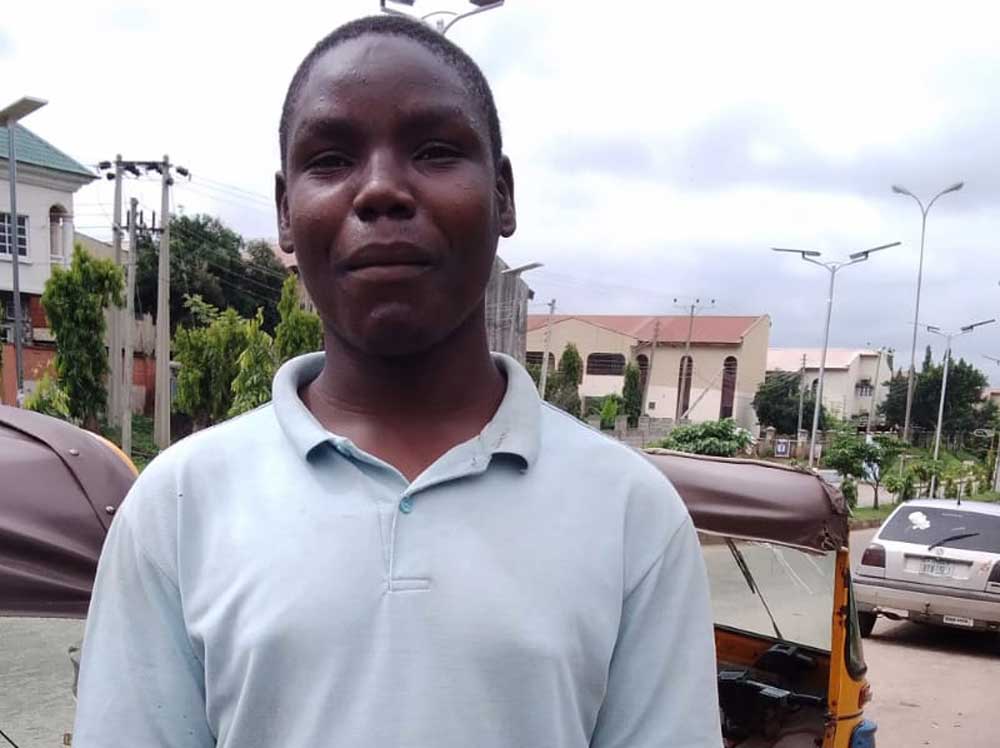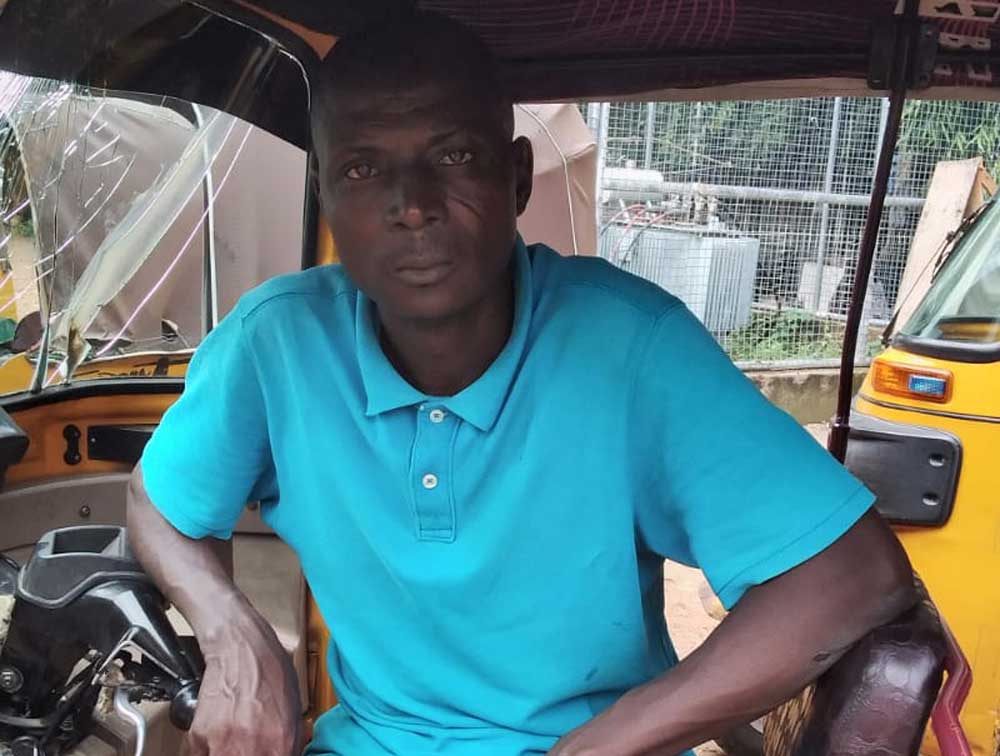From N15,000 To N5,000, Abuja Commercial Drivers Lament Loss Of Revenue As Passengers Now Trek Short Distances
Dan Gwari, a commercial driver plying Gwagwalada to Gwarinpa, has been agitated since the price of fuel officially went up to N615 per littre following Federal Government’s withdrawal of fuel subsidy.
Before the fuel price increase, he, like other commercial motorists in the Federal Capital Territory, benefitted from the daily passenger rush. He used to make up to N15, 000 daily, and slightly less than that on a bad day.
Advertisement
But since the hike, his daily income has gone down to less than N5,000 due to low patronage by passengers.
He spoke to THE WHISTLER about the travails of commercial drivers in the city. He said,”Some drivers have already left the business since this increment. Those that left are much more than those of us still doing the work. Their reason for leaving is that fuel is costly and they are getting nothing out of it.
“This is my own car. I only get N4 – 5,000 a day. Prior to this, we used to get N10 – 15,000 a day. But these days, if you get N5000, it means you’ve gotten much. Even if we cry out to the government, it will not hear our voices, it will still do what it wants.”

Advertisement
Muhammad, a tricycle operator at Setraco Gate, Gwarinpa, is in a similar dilemma. He said operators are facing hardship due to fuel price increase.
“We will just be seeing passengers passing by without bothering to stop us and board the tricycle. They now prefer to trek if the distance is not too long. In a day I only go home with N1,500.”
Rilwanu Suleiman, Chairman Gwarinpa Setraco Trading Association, also complained that the hike in fuel price has disrupted the income of drivers who operate their tricycles on hire purchase.
Hire purchase is an arrangement between a seller and a buyer who purchases expensive goods with an initial down payment, while the remaining payments are made in instalments with interest.
According to Suleiman, passengers now trek because of the cost of transportation, a development that is affecting their abilities to meet their agreements.
Advertisement
He said: “We don’t get to take home anything. The fuel is too costly. I got my tricycle on a hire purchase. Most of us that operate on hire purchases are expected to remit N20,000 to N25,000 weekly to the owners. And in a day, we are expected to remit N3,500. At the end of each day, we try to get N12,000 to N10,000. And if we are unable to get this amount, we may end up taking nothing home.
“These days we hardly see passengers because people are being careful with their movements, except it warrants something serious.

“You can’t see people moving from one place to the other any longer, some people will rather prefer to stay home or trek. And now students are on holidays, our work has come to a standstill.
“If you look round, you’ll see our vehicles parked. If there were passengers, you will not see us here. So, this fuel increment has taken us backwards, especially looking at how we have families to feed. What to give them at home is now a problem.”
Suleiman further explained the situation, saying “The creditors give us the tricycles at hire purchase, costing N2,400,000 to N2,300,000. But the actual price in the market is N1.7.
Advertisement
“We are calling on the president to please look into our case, we the poor masses, we are the ones that voted him into the office. We gave him our 100 percent votes,” Suleiman said.
Ibrahim Ma’uya, from Katsina state, is another commercial motorcyclist who has 5 children and a wife to feed back home. He said, ” It’s we the poor that feels the impact of fuel price increase. We are not hustling to save and live in luxury, we are only looking for what to eat. The motorcycle I ride is not mine. I’m expected to be remitting certain amount to the owner of the bike.

“I’m expected to remit N1,500 daily. In a day, if I try hard, I get up to N6,000. Out of this amount, I will buy ticket to operate, eat, buy fuel, send some home and try to save.
“For fuel alone I may spend between N1,700 to N3000 in a day. I remit N1,500, I save N1000 or N1,500, feed myself daily on N1000, then anything remains,” Ma’uya said.
Meanwhile, a financial expert, Prof. Uche Uwaleke, spoke to THE WHISTLER about the impact of the fuel subsidy removal and the solutions needed to curb such hardship.
He said: “It is part of the adverse consequences of the sudden withdrawal of fuel subsidies. It is bound to result in high cost of transportation and low patronage of services of transport operators and taxi drivers which would ultimately affect their standard of living.
“It has equally resulted in loss of jobs with many transport operators unable to keep to terms of hire purchase agreements.
“In this regard, the government’s plan to purchase 3000 20-seater gas-powered buses for distribution on hire purchase is good. But it can further mitigate the impact on intra city cab drivers by acquiring taxi cabs to be made available to operators on hire purchase.”



